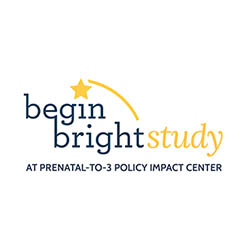A median recertification interval of 12 months or longer for SNAP is one of the five most effective Implementing a combination of low-burden state policies to increase SNAP participation among children with families, including a 12-month recertification period, simplified income reporting, and online services, is one of the most effective approaches to make sure children get off to a healthy start and thrive, and that promote greater equity in child wellbeing.
Participation in the Supplemental Nutrition Assistance Program (SNAP) is associated with improved birth outcomes and reduced household food insecurity in households with children. States have flexibility to adjust SNAP administration, including the administrative burden associated with program participation. Administrative burden refers to the barriers that increase the costs—time, money, and psychological distress—of applying for and maintaining enrollment in any public assistance program.
Implementing a set of policies related to enrollment and recertification is more effective than implementing any one policy alone. Some of the most effective low-burden policies include a recertification interval of 12 months or longer, simplified income reporting, and an online application.
The most rigorous research studies show that reduced administrative burden for SNAP:
| IMPACT OF REDUCED ADMINISTRATIVE BURDEN FOR SNAP | EVIDENCE OF IMPACT |
Increases participation rates among eligible households |
|
Visit the Clearinghouse for the comprehensive evidence review on Reduced Administrative Burden for SNAP.
The prenatal period to age 3 is the most sensitive and rapid period of growth for the brain and body. State policy choices have a substantial impact on the wellbeing of infants, toddlers, and their parents, and on promoting equity among children. See the Prenatal-to-3 State Policy Roadmap for more information on the most effective policies and strategies states can implement to help children thrive from the start.
Have questions? Please contact us.



